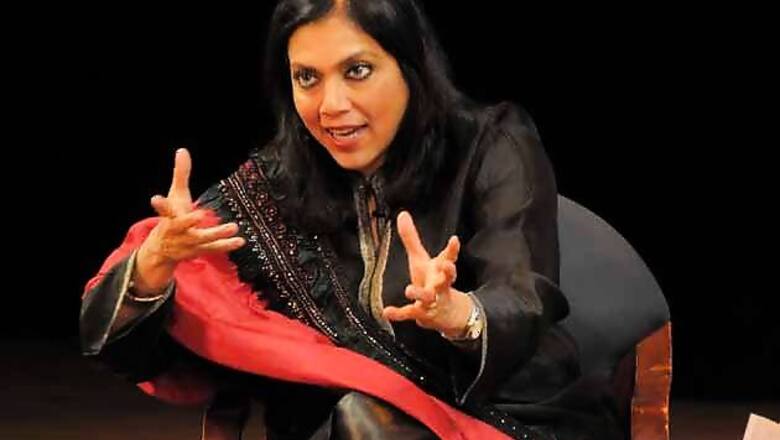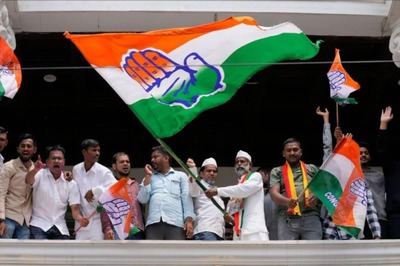
views
London: Indian American filmmaker Mira Nair has revealed how a funding crunch almost drove her to abandon her latest project 'The Reluctant Fundamentalist'.
"This film was so difficult to make financially that I almost gave up, something I hardly ever do. It was my son Zohran and husband Mahmood who pushed me because they knew it was something I just had to do," Nair told PTI during a visit to London this week to promote the film before it releases in the UK and India on May 10.
"They have seen the film now and think it is a masterpiece. And, they really do tell it like it is and that means a lot. I made the film for the young, like my son who is 21; for them to be able to question the truth that is handed to them. The film is an exercise in personal healing and reconnection; a true dialogue about identity and perception," she said.
'The Reluctant Fundamentalist' is adapted from the novel of the same name by Pakistani author Mohsin Hamid, who is also the co-screenwriter, and follows the journey of New Yorker Changez Khan in the aftermath of the September 11 attacks in 2001.
"The inspiration of the story came during my first visit to Pakistan in 2005. I was drawn to make a tale about modern day Pakistan, a country that we don't read about in newspapers. In the past 12 years, there have been so many films about Iraq and Afghanistan but always from an American point of view. I wanted to show both sides and somehow humanise the conflict that has been raging," explains Nair, herself a New Yorker whose father belonged to Lahore.
"It was intended as a dialogue between Pakistan and America, both worlds that I am familiar with. The joy of this film is that it reveals Pakistan with its extraordinary refinement and ancient culture. This world is fluidly juxtaposed with the energy of New York and the ruthlessness of corporate America," said the 55-year-old director.
Nair picked British Pakistani actor Riz Ahmed and Hollywood actress Kate Hudson to embody this juxtaposition on screen as Changez and Erica.
Other key actors in her most ambitious project to date include Om Puri, Shabana Azmi and Keifer Sutherland, which was shot in New York and Delhi, with some footage pieced together in Lahore. Music, always an integral part of her filmmaking process, spanned across traditional Pakistani songs to cutting-edge pop.
"The elasticity of cinema is that you can use things that inspire you from any art field. That is what I take joy in. It is all about the sacredness of the frame, as I call it," she explains.
The award-winning filmmaker, who was on her way back from India where her debut feature, Salaam Bombay, was celebrating its 25th year with the release of a new digitally-enhanced print, said the biggest achievement of the film based on
Mumbai's street children was the impact it continued to have on their lives.
"The Salaam Balak Trust, which we set up with the profits from the film, helps nearly 5,000 kids every year. To make a film that impacts people's lives, incrementally day by day, brings even greater joy than the film itself," she said in reference to the film that first released back in 1988.
"In fact, many people at the time thought it was made by a man because of the brutality on screen. But I can't bear sentimentality and I am not at all a maudlin person. I am interested in the juxtaposition of brutality and tenderness
because without one, there can't be the other," Nair said.
















Comments
0 comment